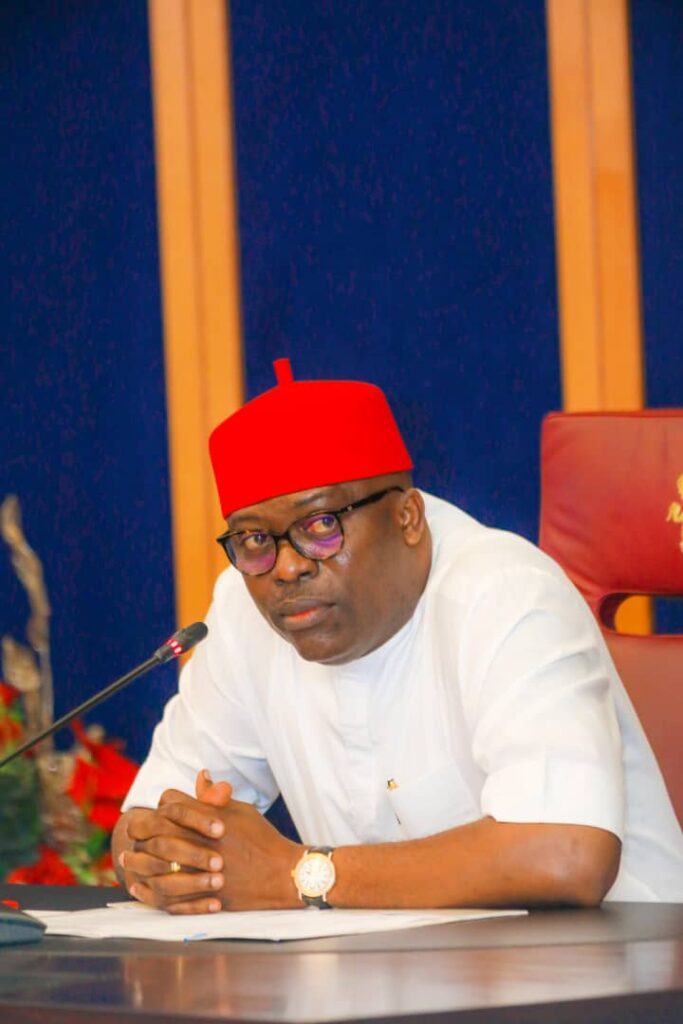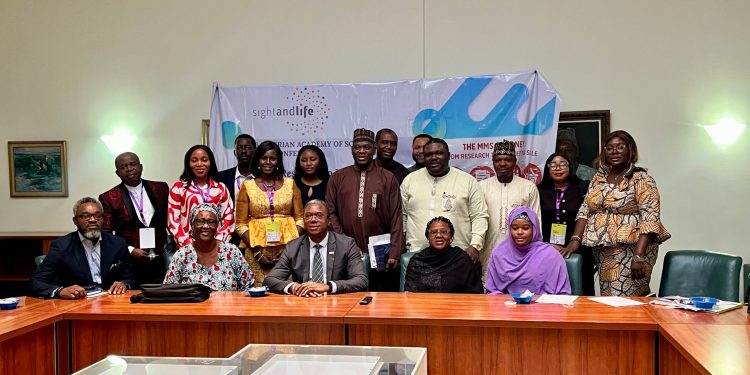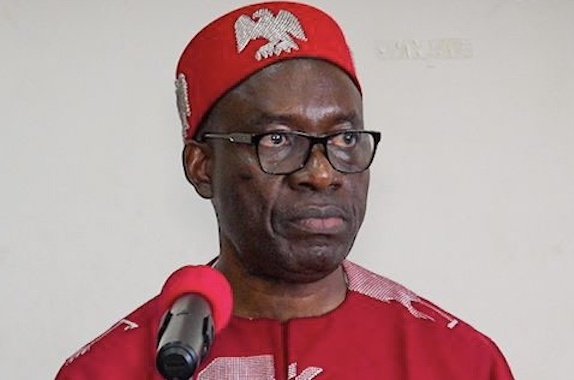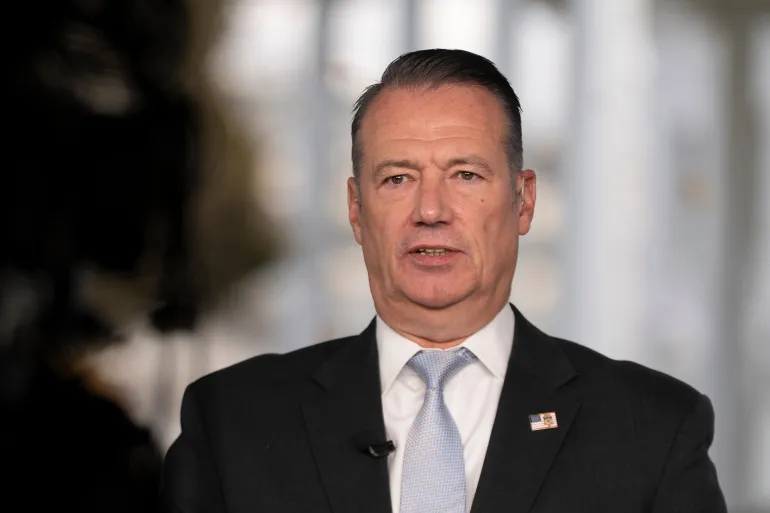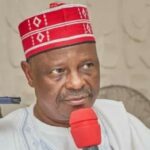President Tinubu Dragged to ECOWAS Court over Emergency Imposition in Rivers State
The recent declaration of a state of emergency in Rivers State by Nigeria’s President, Bola Tinubu, has ignited a legal and political uproar, with several groups and individuals challenging the move at the ECOWAS Court of Justice.
On March 18, 2025, President Tinubu imposed the state of emergency in Rivers State in response to escalating violence, rampant pipeline sabotage, and worsening insecurity in the region, particularly the oil-rich Niger Delta.
This decision came after a series of attacks, including the destruction of key oil pipelines, further exacerbating the unrest in the state.
As part of his emergency measures, Tinubu suspended Rivers State Governor Siminalayi Fubara, Deputy Governor Ngozi Odu, and members of the state House of Assembly. A Sole Administrator, former military officer Vice Admiral Ibok-Ete Ibas, was appointed to govern the state in their place.
However, the decision has sparked a legal challenge led by Harry Ibiso and supported by groups like the Eastern Zone of the Ijaw Youth Council. The plaintiffs argue that the declaration of a state of emergency, which dissolved the democratically elected government of Rivers State, violates Nigeria’s constitution by depriving the people of their right to be governed by elected representatives.
They contend that such actions undermine the democratic process, setting a dangerous precedent that could have far-reaching implications for the country, particularly given Nigeria’s vast oil wealth.
The plaintiffs are seeking a ruling from the ECOWAS Court to declare the state of emergency null and void, restore the suspended elected officials, and annul all actions carried out by the Sole Administrator. Their case hinges on the belief that the actions taken by Tinubu infringe on the natural rights of the people of Rivers State, and they hope to have democracy reinstated in the state.
The ECOWAS Court of Justice, which is tasked with ensuring compliance with the ECOWAS Treaty, will now examine the legality of President Tinubu’s decision. The case raises crucial questions about the balance between national security and democratic governance, as well as the role of regional courts in addressing matters that involve national sovereignty.
The legal battle also touches upon broader constitutional concerns, particularly regarding the limits of executive power in Nigeria, a country already grappling with tensions surrounding federalism, political independence, and resource control.
Rivers State, which is home to Nigeria’s oil wealth, has long been a politically sensitive region, marked by disputes over resource allocation, corruption, and demands for greater autonomy. Critics of Tinubu’s move suggest that the declaration of a state of emergency may be an attempt to consolidate power at the federal level, undermining democratic principles and regional self-governance.
The outcome of this case in the ECOWAS Court could send a powerful message about the importance of upholding constitutional rule and protecting citizens’ rights from potential government overreach.
As the case unfolds, it is expected to have far-reaching implications for Nigeria’s political and legal landscape, particularly in relation to the role of regional institutions like the ECOWAS Court in regulating national matters.
As of now, the ECOWAS Court has yet to set a hearing date for the case, but its resolution is likely to have significant repercussions for Nigeria’s political future.


